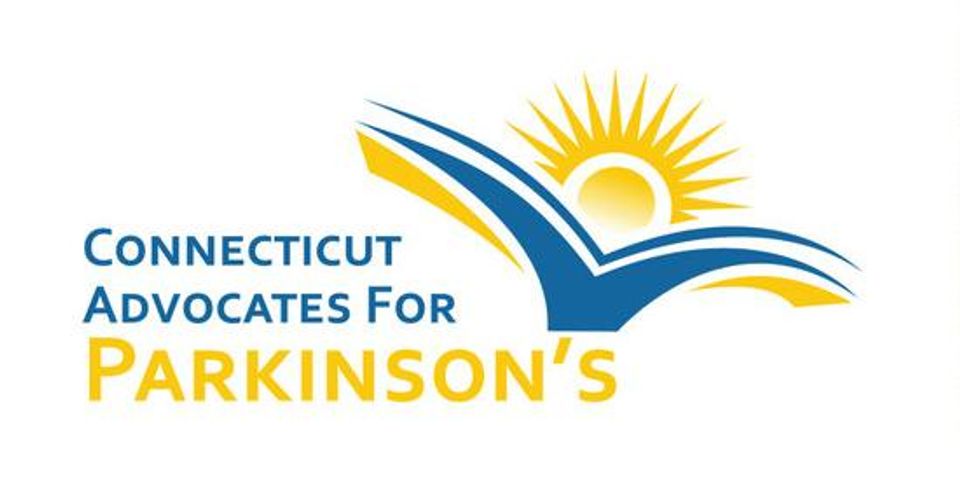Spotlight on PD in Connecticut: Chase Family Movement Disorders Center

LIKE-MINDED. LIKE HEARTED.
It’s a Sunday afternoon in late October, and Dr. Toni de Marcaida, Medical Director of the Chase Family Movement Disorders Center (CFMDC) of Hartford HealthCare (HHC), has just finished meeting with her team of 8 physicians – on the weekend - about continuing to improve their program, and now finds more time to talk about their passion for helping patients. Finding time to help patients, it seems, is not restricted to weekdays – for this CFMDC team.
The first thing you notice when talking with Dr. DeMarcaida is that ardor to help – and the drive to make sure their patients get the most comprehensive, innovative, and integrated care possible.
Dr. DeMarcaida heads all the CFMDC programs, in Vernon (Hartford area), Cheshire (Central CT), and soon, Mystic (Southeast CT), and an integrated model is used at all three. The reason: integration and collaboration bring a level of seamlessness and oversight that establishes the highest standard of care for patients with Parkinson’s disease across the Hartford HealthCare system. For example, a patient, when first diagnosed, might need a multitude of next steps: further diagnostic workup, physical therapy, speech therapy, rehabilitation medicine, psychiatric and psychosocial support, social services, a discussion about homeopathic approaches, and – one of the most important: encouragement of vigorous exercise. With all of the disciplines onsite, the interactive communication that occurs, in both directions, can bring incredible benefits to the patient and helps the doctors provide the necessary oversight and additional expert guidance. “At the CFMDC, it’s not just about treating illness; it’s about enhancing wellness – and we make that a point of emphasis with every patient, at every visit. Our integrated model helps to make that happen.”
Being at the forefront of innovation means working together as a team: “We very much believe in the team approach to care, that at every visit, patients are best served when they have the opportunity to avail of the insight, new ideas and expertise of, not only the Movement Disorders specialists, but also of advanced practitioners, social workers, neuropsychologists, and the auxiliary support staff. In fact, at the CFMDC, regardless of which campus patients come to, they have a whole team of exceptional specialists and medical professionals attending to them and not just one doctor.”
When we talk about physician oversight, it’s not necessarily a discussion about control; it’s an emphasis on options for the patient – and ensuring they are offered a multidisciplinary perspective that can help them make the best-informed decisions about their care. “We are very aggressive in using all tools in our toolbox to help our patients,” says Dr. DeMarcaida. “Our mission is to do everything we possibly can, at our level of experience and expertise, to help our patients live lives that are no less full, despite their diagnosis – so they can try to continue doing what they need to do and love to do for as long as possible.”
Coming from academic backgrounds, all the Movement Disorders specialists at CFMDC see the value in learning, testing, and driving for continuous improvement, working towards finding ways that patient lives can continue to improve with disease-modifying and better symptomatic therapies. Often, those are pursued via clinical trials – an area that they are very familiar with and emphasize: “It is only because of patients who had been willing to participate in clinical trials that we are able to bring innovations and new treatments to the entire population of people with Parkinson’s disease and other movement disorders all over the world.”
The theme of the patient runs throughout our conversation, and the “patient-driven” fervor could not be clearer. In fact, when Dr. DeMarcaida talks about building her team of physicians, Drs. Duarte Machado, Michelle Lavallee-Dagostine, Maria Moro-de Casillas, Elena Bortan, John de Figuereido, Su Kanchana, and Jeffrey Lahrmann, it was the patient that was the common thread in selecting the doctors that would become part of the group. She uses the phrase, like-minded, like-hearted. “Like-minded, like-hearted means that, not only are our physicians highly skilled and exceptionally smart but that each of us hold our patients within a special place in our hearts.–We care deeply and personally about their well-being, and we do everything we can do to help as many people as we humanly possibly can.”
With the patient being such a major point of emphasis, it is no surprise when Dr. DeMarcaida mentions their Clinical Council – the collaborative initiative by which Hartford HealthCare gathers multidisciplinary specialists within the various services and programs to discuss, innovate, and improve upon the System’s process of delivering the highest standards of care. Included in the Movement Disorders’ Clinical Council is CAP’s very own Steve DeWitte – as a patient advocate and the patient voice. It is the only Clinical Council within the HHC system that has a patient sitting among its ranks.
As we wrap up late on a Sunday afternoon, Dr. DeMarcaida is asked about what might be next in the quest to help people with movement disorders. Her answer is crystal clear: to continue to find ways to provide every service that they can to help patients – and to make that experience as seamless and trouble-free as possible. From the latest innovations in medical and surgical management to homeopathy, free exercise programs to home health care, skilled nursing to hospice, all aspects of the patient experience should be coordinated and directed to ensure that nothing is out of step. To support and innovate, every step of the way for every patient throughout their journey is her team’s goal.
Based on her clear passion for helping patients, it seems that they are well on their way to making that happen.
About the Business
Have a question? Ask the experts!
Send your question

